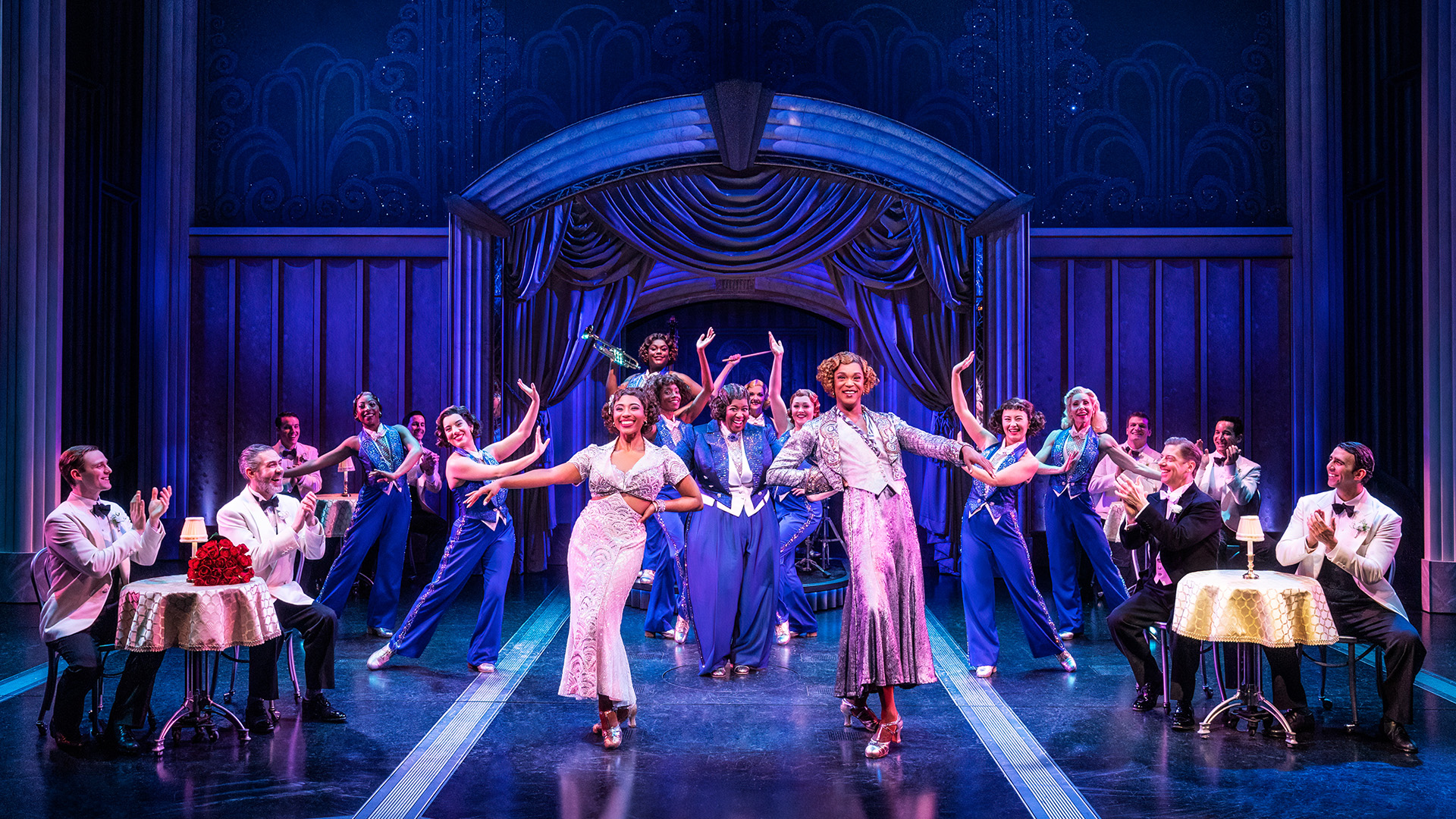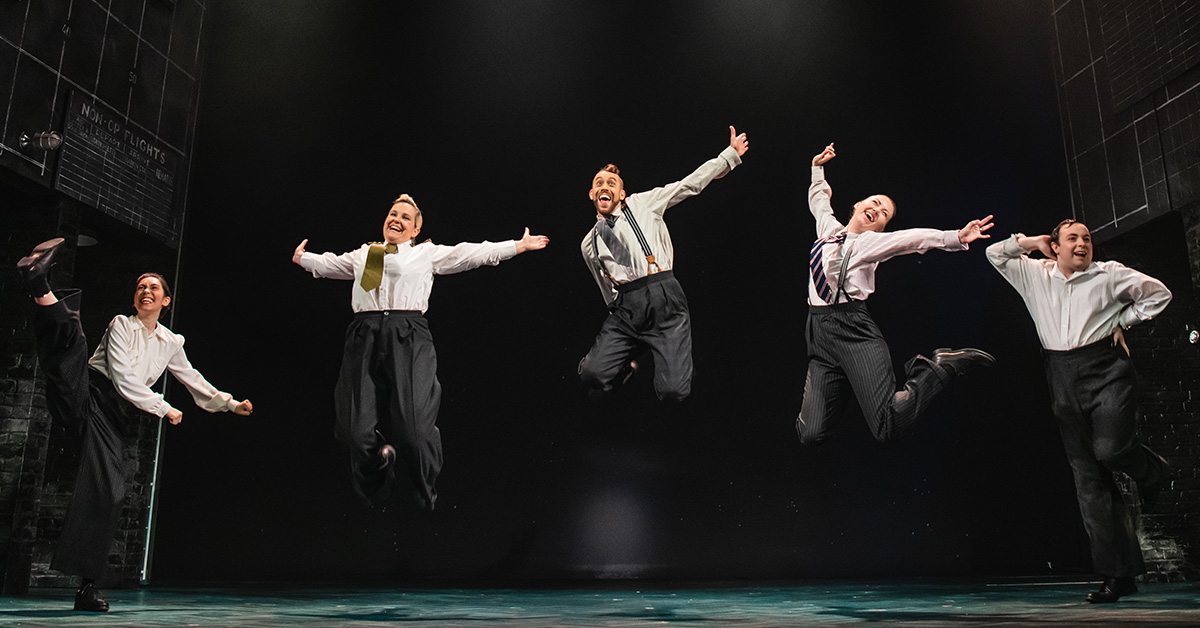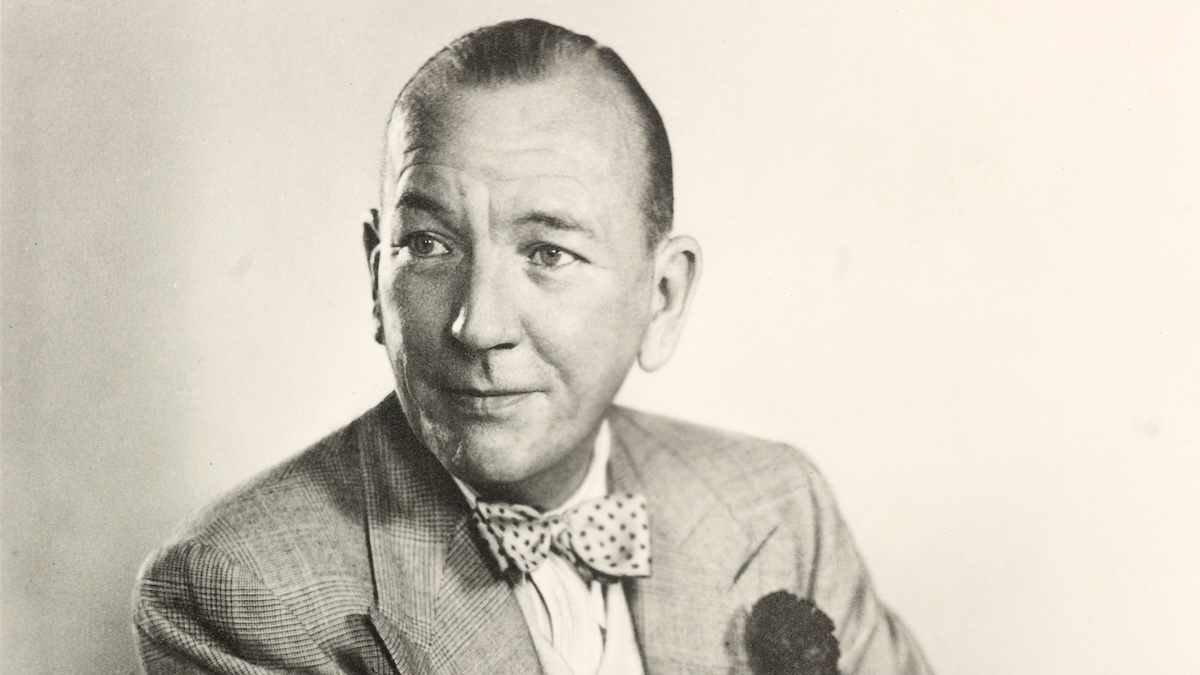
Some great playwrights make their mark with what they write about, while others make their mark with how they write — Antoinette Nwandu’s work wraps one around the other, and we the audience are left captivated by the resulting alchemy of urgent subject matter combined with arresting storytelling. Her plays ask “Why?” while also asking “Why theatre?” Choosing stories that revolve around the complexity of black identity in America, Antoinette examines how human beings exist together, how we understand one another, how we mess up, how we cope with America’s mess.
At LCT3/Lincoln Center Theater, we were honored to welcome in Antoinette’s boldly necessary voice with her first full New York production. It was humbling to have conversations with Antoinette that dug deep into the heart of Pass Over in order to unpack and dissect her brilliant ideas… some of which didn’t even make it into the play. That’s part of her process — marinating in each world of what she is exploring, going over it again and again, turning it on its head, approaching it from every angle, continually trying to understand it, and identifying connections and tensions and patterns and nuances. Pass Over distills all of those ideas into economical storytelling funneled through Moses and Kitch, stuck on a street corner beneath a lamppost. Here are two black men who have experienced far more loss in their young lives than they should have, and left disenfranchised and emotionally scarred by America’s systemic racism. But instead of presenting the reality of their lives as is, Antoinette injects multiple layers of style, perspective, and specificity into this premise — biblical references, theatrical inspirations, stylized language, and a healthy dose of humor.
For one, the play is also a conversation between the Exodus story and Waiting For Godot. Antoinette has a deep spirituality and she holds that alongside her passion for theatre. These young men (like Antoinette herself) were taught biblical stories while growing up, but Moses comes to the realization that the fixation on heaven and a “good life” may never actually come for him and Kitch and their community. Using the power of epic, Antoinette highlights the connective tissue of major oppression among multiple communities throughout human history. Moses and Kitch are American black men today, but they are also slaves in the American South desperate to escape to freedom, and they are also the children of Israel trying to reach the Promised Land. Pass Over simultaneously imbues Moses and Kitch with deep humanity and uses Moses and Kitch as vessels through which to pinpoint basic truths across time and space.
And the play is a tragic comment on culture and communication, through its pointed, heightened, and charged use of language. The rhythm of Moses and Kitch’s dialogue clues us in that these characters are speaking to something larger than solely what their moment-to-moment conversation may encompass. (If you see the script itself, even the formatting suggests a kind of poetry — poetry in service to foundational meanings.) Moses and Kitch’s banter is central to the workings of the play; they repeat games and other “bits” to pass the time, which gives us a sense of endlessness. They understand that society is set up such that whiteness is the goal, so they begin to question how they speak, astutely wondering if they could find their escape by simply using the “right” words and going undetected by the police. They set out to convincingly “pass” by abandoning their own vocabulary and mimicking “white” language. And it works! Well, it works until Kitch accidentally says the n-word. Their disguise instantly disappears, and the police turn on these innocent men per usual, revealing discrimination against culture via language. Although actually, it’s a multi-pronged attack: that moment is simultaneously about a challenge to Mister’s belief in his inherent supremacy as a white man over black men, since Kitch also declares that Moses is Master. The play elucidates the many unjust ways in which Moses and Kitch are required to play by rules that were established to support white men. (The way in which black Americans can use language pops up in Antoinette’s play Breach as well, in which the young black female lead code-switches from one setting to another—which speaks to the internalized racism, self-hate, and warped coping mechanisms that Breach explores.)
So Pass Over doesn’t operate on a stark set of cold stats, a convenient hashtag, an activist’s articulate rage. Those are all pathways with real value, but (arguably) not how theatre might best add to the conversation. Antoinette’s portrayals of the daily lives of Moses and Kitch create a fresh angle at which to approach what happens in America to young black men like them. The slant here is intentional and (unfortunately) uncommon on mainstream stages — we’re drawn into the many sides of Moses and Kitch, as people! They’re playful, they’re hungry, they’re mischievous, they’re caring, they’re hopeful, they’re traumatized, they’re resilient, they’re bored, they’re flawed. Ultimately, they’re human. It’s also intentional that the outwardly racist cop and the seemingly polite white man are played by the same actor, and that they are the same deep down inside. (How many times has the American theatre passively allowed for fully-realized white characters alongside broadly-drawn black characters?) The way that Antoinette focuses her lens is a theatrical act of activism that subverts that disturbing default.
Pass Over also proves unflinching in how it implicates its white audience. By the time the play opened at LCT3, this meant not the Trump supporters, but rather the “well-intentioned,” ie: those who self-identify as allies, though that often plays out only in rhetoric. Earlier in its life, the final monologue, delivered by Mister — the charming white man ultimately responsible for the tragedy that occurs — was driven by a broader anti-Trump sentiment. Going into LCT3 rehearsals, Antoinette was clear-eyed about wanting to massage that monologue such that white folks in the audience are forced to struggle with the fact that they relate to aspects of Mister, rather than quickly drawing a line between Mister as Bad Racist and themselves as Good Liberals. The play talks about racism as a spectrum, about racism as unremarkable, about racism as commonplace — and how sneakily deadly all of that can be. No white hoods needed. With the piercing new ending monologue that flowed from Antoinette while she was sitting in the green room, New Yorkers in the audience are challenged to trace their own culpability to upholding white supremacy and therefore to police brutality. It’s easy to focus on a villain (especially one as simple as Trump) rather than the thorny truths of the shared environment that led to his ascent to power; Antoinette took this essential truth about America today and ferociously translated it into the finale of Pass Over.
What Antoinette accomplished with Pass Over is extraordinarily impressive. “Diversity” has been a trending topic that most theaters are grappling with (for varying reasons…). But identifying the right play for a given theatre often comes down to identifying what that artist can achieve within the structures of that theatre—a theatre likely built by and for white folks. Pass Over isn’t the kind of play that leaves any room for white audiences to see it and pat themselves on the back for seeing a play by a black writer. But Pass Over is too eloquent, too incisive, too stunning to dismiss. Because the American mainstream theatre world is built to understand, discuss, and celebrate great work by mostly cis white men, complicated plays by people of color can be misunderstood (and sometimes therefore also not selected for production) when they contain unfamiliar cultural nuances, when they shift in tone, and when they confront the audience with tough questions. Yet Antoinette has escaped this, in part owing to her clarity of voice.
The rigor and insight of Antoinette’s playwriting process is staggering. So far, we’ve only had the chance to see the full effect with Pass Over. Look out for Tuvalu, which explores how identity can shatter when you live in seemingly separate worlds, look out for Breach, for Flat Sam, and for who knows what else? I’m eager to know how those plays will clarify something for us about America, and communication, and connection, and identity. Antoinette’s strength of style plus substance would stand out in any era, against any of the greats in the American theatre canon — but 2018 should be extra grateful for her clear, searing, and inquisitive voice.
To learn more about the 2018 Samuel French Awards, click here. To license a production of Passover, click here. To purchase the script, click here.

The Latest from @ConcordShows: Spring ’24

The Latest from @ConcordUKShows: Spring ’24



